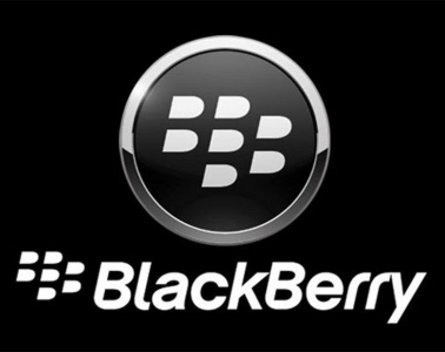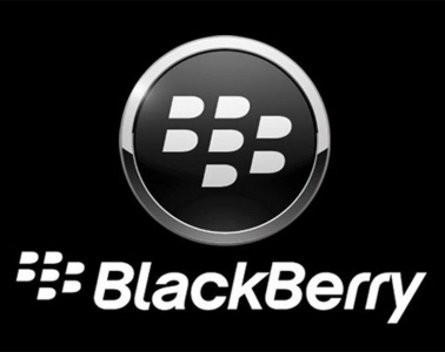The BlackBerry Messenger fiasco: How not to handle a major product launch – StartupSmart

When it comes to business advice, embattled smartphone maker BlackBerry is like the Kevin Rudd of smartphones: study it closely and then do the opposite.
Their latest fiasco? This past weekend, the company was going to launch a version of its BlackBerry Messenger app for Android and iPhone. This launch is crucial for the company. If their mobile phone business goes under, at least they’ll have a cross-platform messaging app and some services to sell.
Sure, the company probably should have released it six years ago. Still, better late than never.
Now, if you had a crucial product launch coming up, what sort of press release would you issue the day before?
If you’re BlackBerry, the answer is obvious. You pre-announce nearly $US1 billion in losses for the current quarter, along with the fact you’re slashing 4500 jobs or 40% of your global workforce. You know, just to make your consumers feel secure.
Worse, most of those losses came from write-downs on unsold inventory of their touchscreen-based ‘comeback’ product, the Z10 smartphone. Basically, if this company is going to lose a billion bucks, this is possibly the worst way it could have happened.
Now, before anyone accuses Old Taskmaster of being a BlackBerry hater, read this. Your humble correspondent is firmly of the opinion that the Z10 could have been a success – if the phone was marketed properly. It wasn’t. Or if BlackBerry communicated the fact it used a new operating system. It didn’t. And now there’s a $US1 billion worth of unsold Z10 smartphones sitting in a warehouse somewhere, gathering dust and getting ready to be dumped in a New Mexico landfill.
This is on top of the existing uncertainty over the company’s future ownership. Apparently, co-founder Mike Lazaridis is now circling like a shark, and so is Canadian investment guru Prem Watsa. But whether they want the company whole or just pieces of it is anyone’s guess at this point.
Well, a day after all this bad news, with no clear air, the big launch weekend comes.
The Android version is supposed to be launched on the Saturday, and the iPhone version on the Sunday. There’s an official BlackBerry Twitter account to let users know when the app is available in their country.
Well, Saturday comes around and the app launches in a few different countries – for iPhone rather than Android.
It launches in three or four countries. Then the notices stop, with no warning or explanation.
Several hours go by. Finally, there’s a message from the official Twitter feed: “Pausing #BBM4All rollout to fix issues caused by unreleased BBM for Android app.” The company also issues a statement explaining that issues caused by the Android version of the app are to blame.
A few more hours go by, then this: “We will provide you with an update on timing as soon as we can. Teams are working non-stop.” From then on, it’s been radio silence.
Now, anyone who’s dealt with a big tech product launch knows anything that can go wrong will.
Which is why companies like Google have, in the past, made new product launches invitation only. Alternatively, instead of staggering out a launch over a weekend, they’ve staggered it over a week or a month.
That way, you slowly build up the traffic on your servers instead of having a sudden load of people trying to access your service all at once.
Likewise, make sure you have clear air in the media before a major product launch. There is a time and a place to announce bad news – and the day before a major product launch is never that time or that place.
In short, if you want your business to succeed, look at what BlackBerry have done lately – and do the opposite!
Get it done – today!

